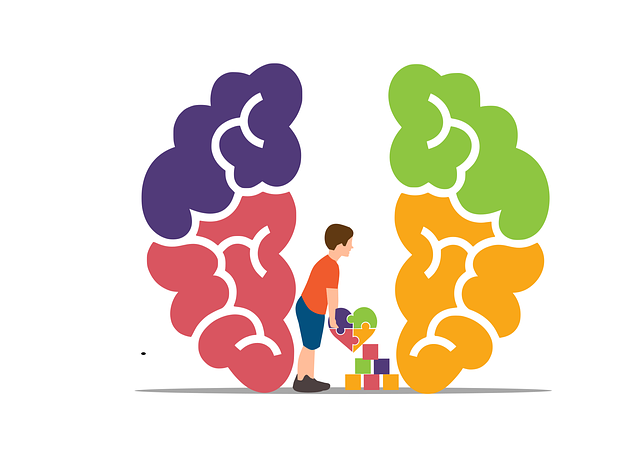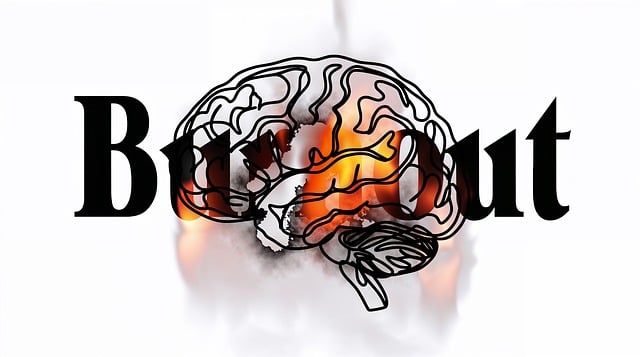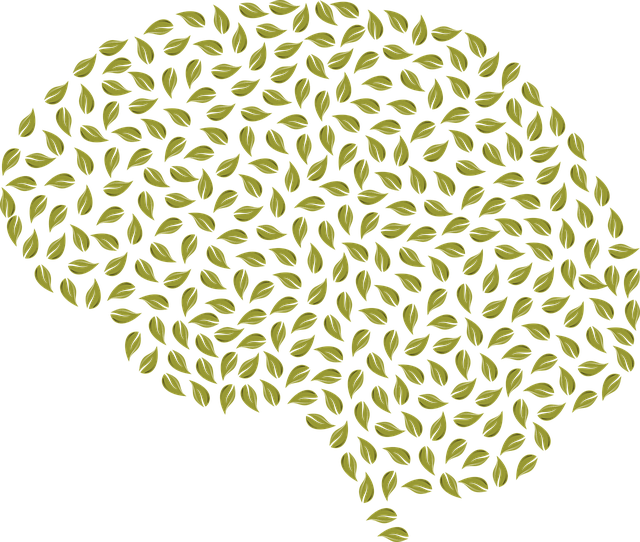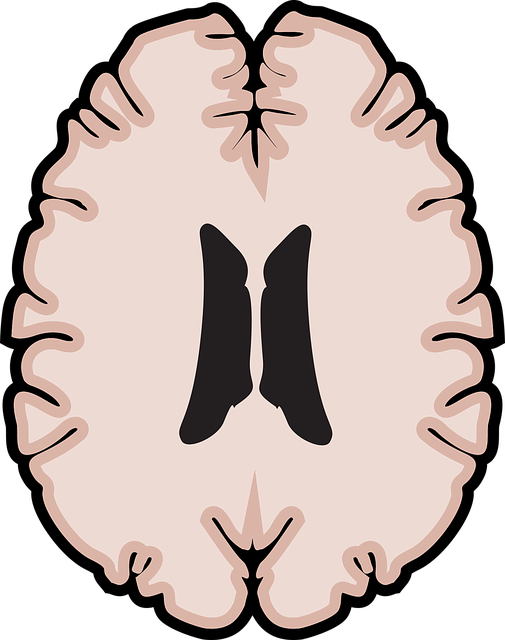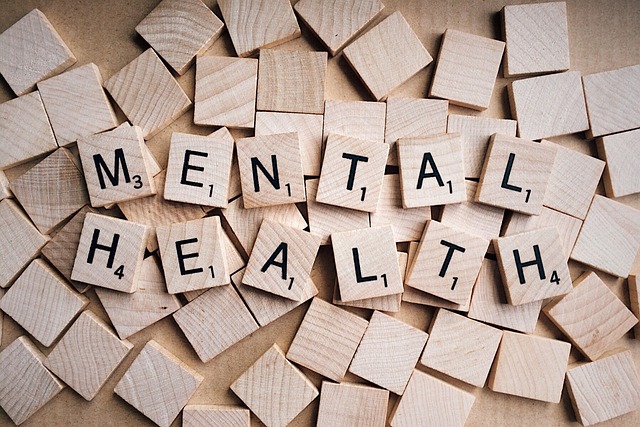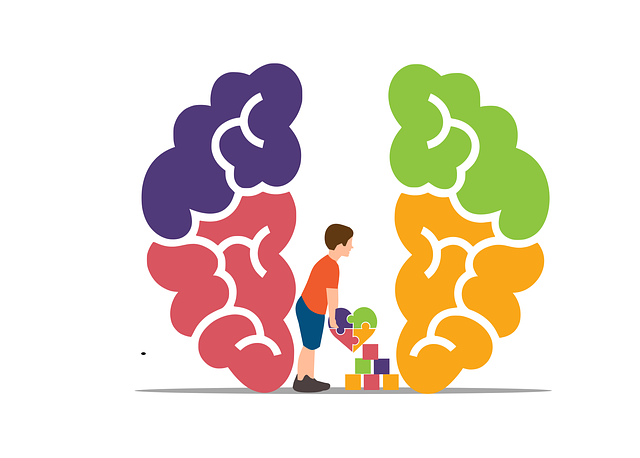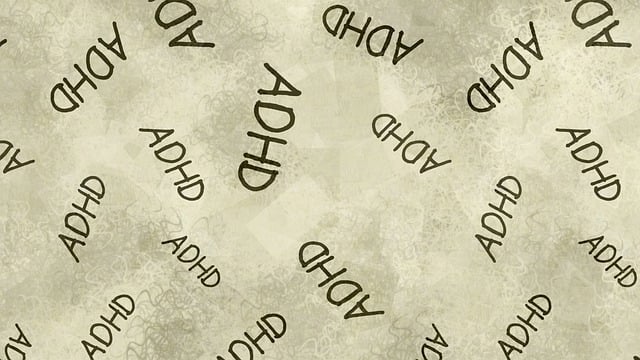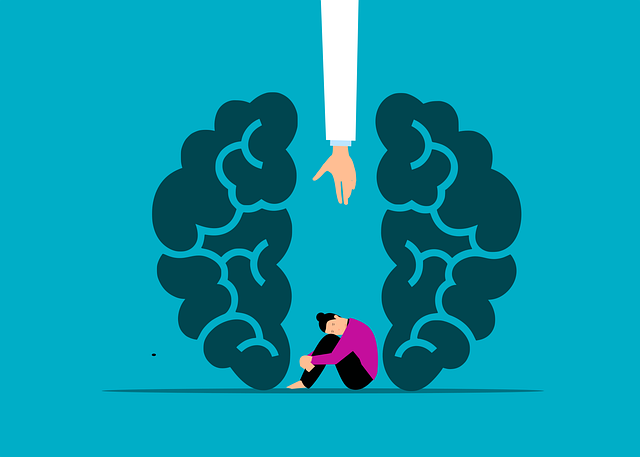Trauma in young children often presents as emotional and behavioral issues, including anxiety and repetitive behaviors resembling OCD. Early intervention through trauma-informed therapy is vital. Approaches like Social Skills Training and Anxiety Relief strategies help manage traumatic responses, while Empathy Building Strategies create safe spaces for expression. Recognizing early signs of OCD is crucial; significant obsessions and compulsions disrupt daily life, necessitating professional Cognitive Behavioral Therapy (CBT) tailored to children's needs. Cultural sensitivity in mental healthcare adapts techniques to individual backgrounds, building self-esteem and empowering young patients with resilience.
Trauma support services play a pivotal role in aiding young children affected by psychological scars. This article delves into the intricate relationship between trauma and its profound impact on children, focusing specifically on Obsessive Compulsive Disorder (OCD). We explore specialized therapy approaches tailored to OCD in youth, emphasizing accessible and enhanced support systems. By understanding trauma’s reach and implementing effective treatment strategies, we can foster healing and improve the lives of young OCD sufferers. Discover practical insights into navigating these challenges through comprehensive therapy for young children with OCD.
- Understanding Trauma and Its Impact on Young Children
- Identifying Obsessive Compulsive Disorder (OCD) in Kids
- Specialized Therapy Approaches for OCD in Children
- Accessing and Enhancing Trauma Support Services for Young OCD Sufferers
Understanding Trauma and Its Impact on Young Children

Trauma can have profound effects on young children, impacting their emotional and behavioral development. It’s crucial to understand that trauma isn’t just a one-time event; it can be ongoing or repeated, leading to complex reactions such as fear, confusion, and even physical symptoms. For instance, a child experiencing domestic violence or neglect may exhibit excessive worry, repetitive behaviors, or withdrawal—symptoms often associated with Obsessive Compulsive Disorder (OCD).
Early intervention is vital through therapy for young children tailored to address trauma. This can include Social Skills Training to help them navigate relationships and build empathy. Strategies focused on Anxiety Relief are also essential to managing traumatic responses. By incorporating Empathy Building Strategies, therapists can create a safe space for children to express their feelings and develop healthy coping mechanisms.
Identifying Obsessive Compulsive Disorder (OCD) in Kids

Recognizing Obsessive Compulsive Disorder (OCD) in children is a crucial step in providing effective trauma support services. Many parents and caregivers may overlook signs of OCD, mistaking them for typical childhood behaviors or temporary quirks. However, when obsessions and compulsions significantly impact a child’s daily life, it becomes essential to seek professional help. Youngsters with OCD often display repetitive thoughts or images (obsessions) that trigger intense anxiety, leading to specific rituals or behaviors (compulsions) they feel compelled to perform to alleviate their distress. These could include excessive handwashing, checking, counting, or organizing routines.
Early intervention is vital in managing OCD effectively. Therapy for young children with OCD often involves Cognitive Behavioral Therapy (CBT), which helps them challenge distorted thinking patterns and reduce anxiety. Social Skills Training can also complement CBT by teaching children how to interact with peers, fostering a sense of belonging and reducing social isolation commonly associated with mental health challenges like OCD. In addition, Mental Health Policy Analysis and Advocacy plays a crucial role in ensuring accessible and comprehensive trauma support services for kids, including those diagnosed with OCD, thereby preventing potential burnout among both patients and healthcare providers.
Specialized Therapy Approaches for OCD in Children

Specialized therapy approaches tailored for young children with Obsessive-Compulsive Disorder (OCD) are essential in addressing this complex mental health challenge. These therapeutic interventions go beyond traditional methods, incorporating innovative strategies that cater to the unique needs of children. One prominent approach is the use of Mind Over Matter principles, which teach kids to challenge and reframe their thoughts, breaking the cycle of OCD symptoms.
The process often involves conflict resolution techniques, helping children resolve internal conflicts and gain a sense of control over their behaviors. Additionally, compassion cultivation practices have shown promise in building emotional resilience and fostering understanding towards oneself and others, thereby reducing the impact of OCD-related distress. These specialized therapies offer a holistic approach to healing, ensuring that young individuals develop effective coping mechanisms for managing OCD symptoms as they grow.
Accessing and Enhancing Trauma Support Services for Young OCD Sufferers

Accessing trauma support services for young individuals suffering from Obsessive Compulsive Disorder (OCD) is a crucial step in their recovery journey. Many young OCD sufferers may struggle to express their traumatic experiences or understand their relationship with obsessions and compulsions. Hence, specialized therapy tailored for this age group becomes essential. Cognitive Behavioral Therapy (CBT), specifically adapted for children, has shown significant effectiveness in treating OCD by helping them develop self-awareness exercises that challenge unhelpful thought patterns.
Cultural sensitivity in mental healthcare practice is also vital to ensuring young people feel comfortable and supported. This includes adapting therapy techniques to consider the individual’s background and beliefs, promoting a sense of safety and trust. Additionally, focusing on self-esteem improvement alongside OCD treatment can empower these young patients, enabling them to actively participate in their healing process and build resilience.
Trauma support services play a pivotal role in enhancing the well-being of young children affected by obsessive-compulsive disorder (OCD). By understanding the profound impact of trauma on these vulnerable individuals, specialized therapy approaches can be tailored to address both OCD symptoms and underlying emotional scars. Accessing and improving trauma support ensures that young OCD sufferers receive comprehensive care, fostering their resilience and promoting healthier development. When it comes to therapy for young children with OCD, integrating trauma-informed practices is essential for long-lasting positive outcomes.

